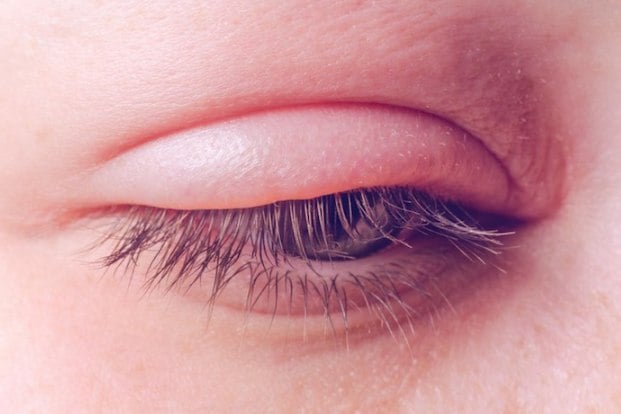Swollen Eyelid: Causes, Treatment, and More
Apr 19, 2022
There are several causes of a swollen eye, including eye infections, eye injuries and trauma.Swelling of the eyelids can be a sign of a more serious, potentially sight-threatening health problem, like orbital cellulitis, Graves’ disease and ocular herpes. A swollen eyelid create when there is inflammation or excess fluid (edema) in the connective tissues surrounding the eye. Swollen eyes can be painful and non-painful, and affect both the upper and lower eyelids.

Causes of Swollen Eyes are follows:-
Allergies. Eye allergies are caused by adverse reaction of immune system to certain subtsances like dust or pollens called an allergen.
The most common is histamine, which causes blood vessels in your eyes to dilate and swell, mucous membranes to itch and your eye to become red and watery.
Conjunctivitis. It is also known as pink eye. Conjunctivitis is inflammation of the clear lining of the surface of the eye, known as the conjunctiva. Allergic, bacterial and viral types of pink eye can all result in swollen eyelids, among other symptoms such as watery, red and itchy eyes.
Styes. Basically appearing as a swollen, reddish bump on the edge of an eyelid, styes are caused by bacterial infection and inflammation of a meibomian gland.
Chalazion. A chalazion, also affect by a blocked meibomian gland, at first mimics a stye but then develops into a hard sebaceous cyst.
Eye injuries. Any cases related to trauma to the eye area, including an eyelid contusion commonly called as a black eye and trauma caused by cosmetic surgery blepharoplasty, and eyelid surgery can trigger inflammation and swollen eyes.
Treatment of Swollen Eyes
Treatment of swollen eyelids depends upon on the underlying cause. Ophthalmologist may prescribe medication .
Basically if your swollen eyes are due to allergies, antihistamine eye drops or oral allergy medication, as well as lubricating “artificial tears” will help relieve symptoms. Other causes, like as infection such conjunctivitis or ocular herpes, respond well to anti-viral or anti-inflammatory eye drops or ointments, or antibiotics.


